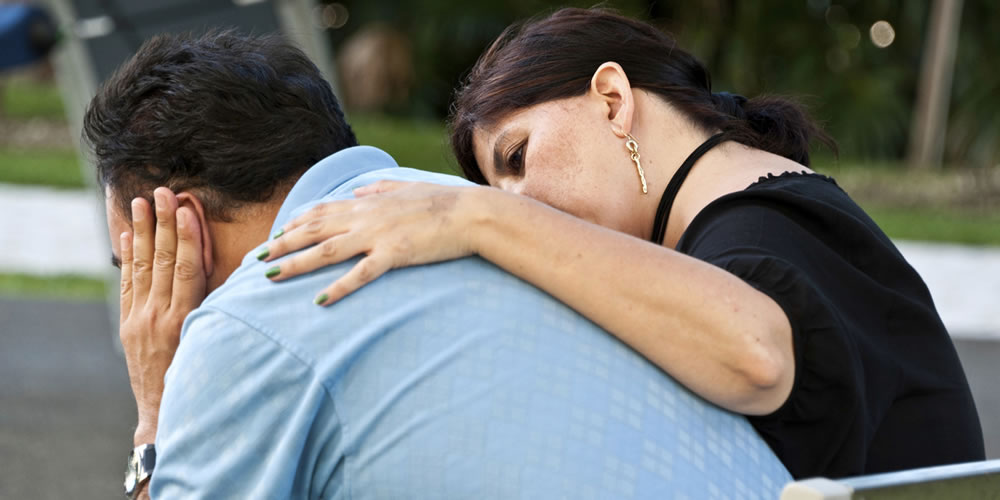Telling Others About Your Cancer Diagnosis

contributed by Susan L. Daron, R.N., BSN, OCN Cancer AnswerLine
If you recently received a cancer diagnosis, you will likely be experiencing a variety of emotions. Chances are you are thinking about how the diagnosis will impact your life and when and how to tell your friends and family. Experts agree there is no right way or time to tell people of your diagnosis -- it is an individual choice.
Be sure to take the time to allow yourself to process your feelings and also to think about what you want or need from others. It is perfectly fine not to have all the answers about your diagnosis and treatment, as this can be a very overwhelming time. If you need help initiating the conversation, know that you can reach out to your health care team including the nurse, doctor, social worker, or even a clergy or religious leader.
Starting with someone who is NOT a friend or family and who is "neutral" can help you provide non-biased conversation ideas and comfortable responses to difficult questions such as "are you going to die?"
For those who cannot bear to talk about their cancer diagnosis or do not want to relive it every time they tell someone new, The American Cancer Society suggests asking a family member or friend to be a spokesperson for you. This can take some of the pressure off and also gives the family or friend an important to role to play in helping you, the patient.
Tips for family and friends of someone diagnosed with cancer
For the friends and family who worry about saying the wrong thing to their loved one, you can always remark on what you see the person doing, such as, "I see you are crying", or "your hands are shaking," and simply wait for the person to respond. These are observations and not questions or judgments that could be off-putting.
One of the "clinical pearls" I recall from nursing school was if you do not know what to say to someone who is having a hard time, it is all right to ask if you can just sit and be with them. Another person nearby can be comforting to someone who is scared or lonely. If you know the person well you may ask to hold their hand or offer a hug. Touch can go a long way in making someone feel cared for.
The decision to tell others of your cancer diagnosis is a personal one, but it can be liberating to share the burden with others. While not everyone has been touch by cancer, they have experienced the emotions that diagnosis can produce – both positive and negative. These emotions and feelings are what make us human and we can grow strong by using our emotional bonds to support and uplift each other though life’s journeys.
Continue learning about breaking bad news and how to support someone diagnosed with cancer:
